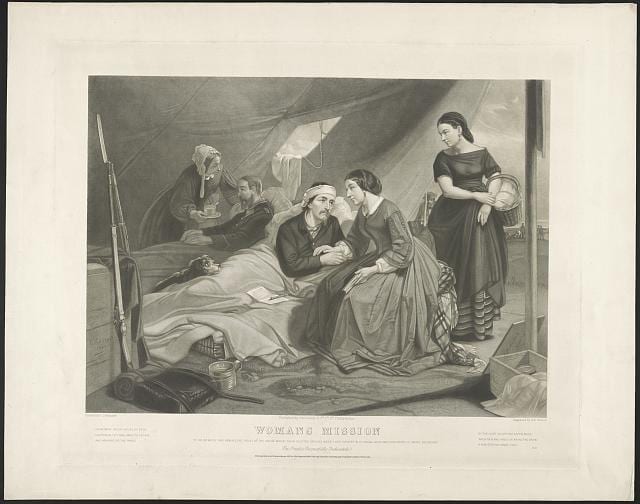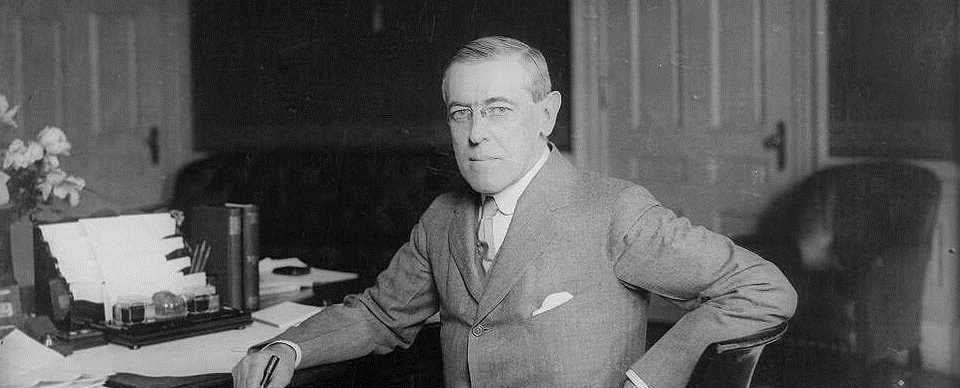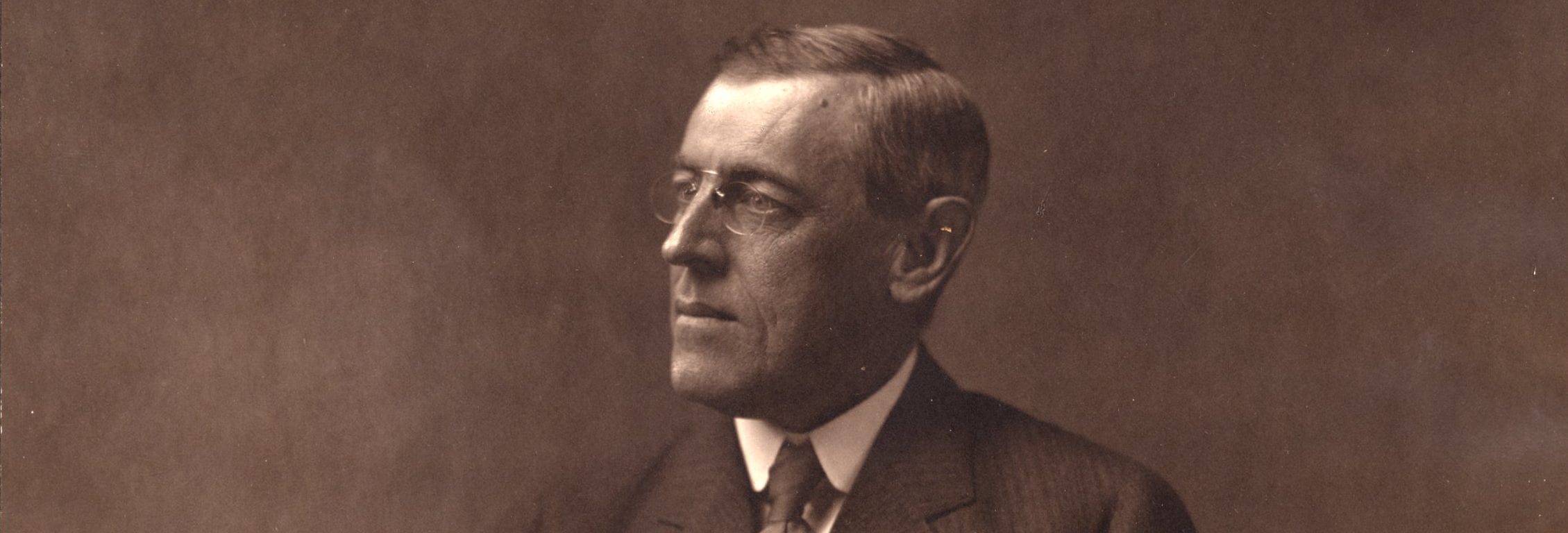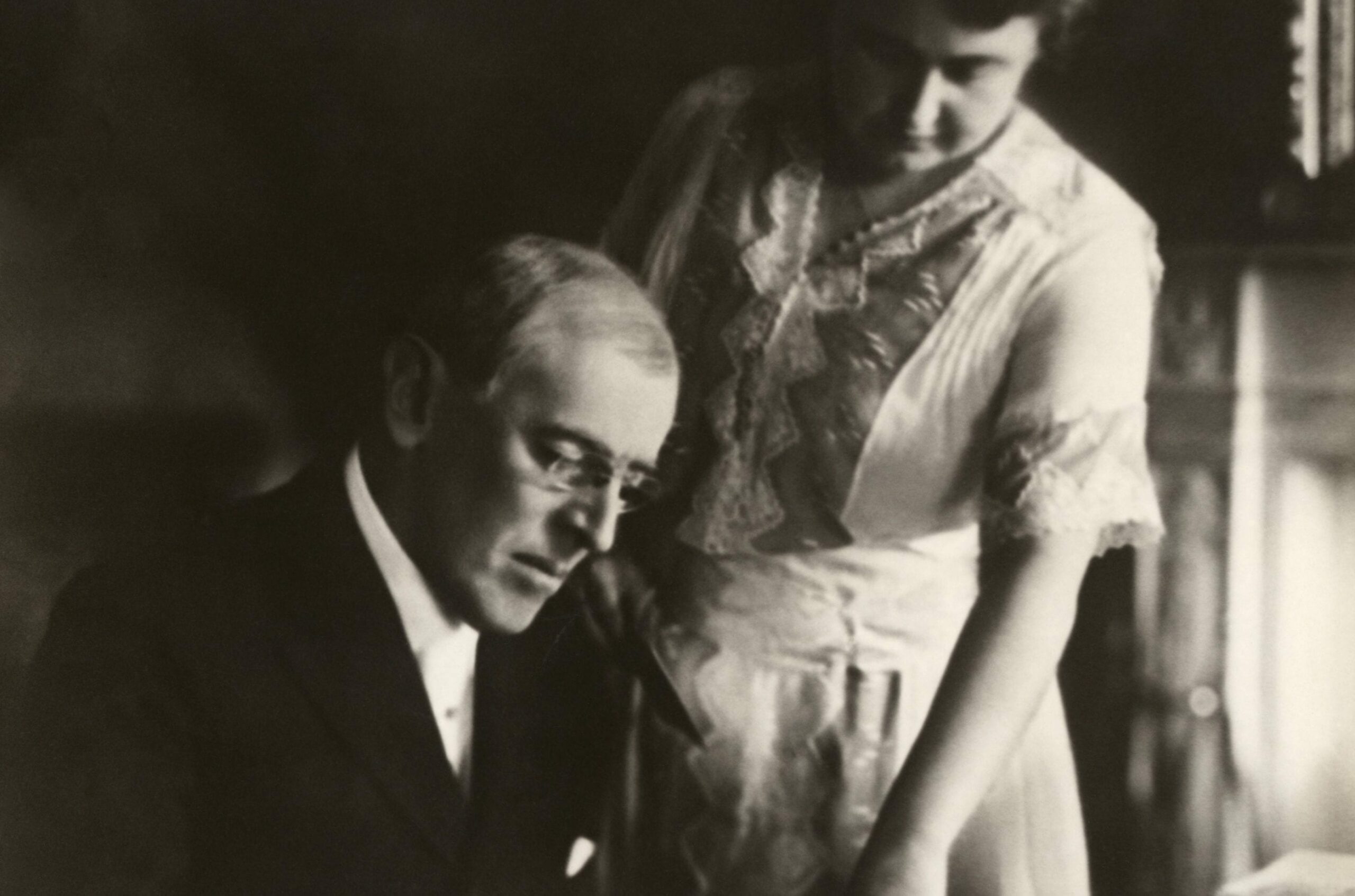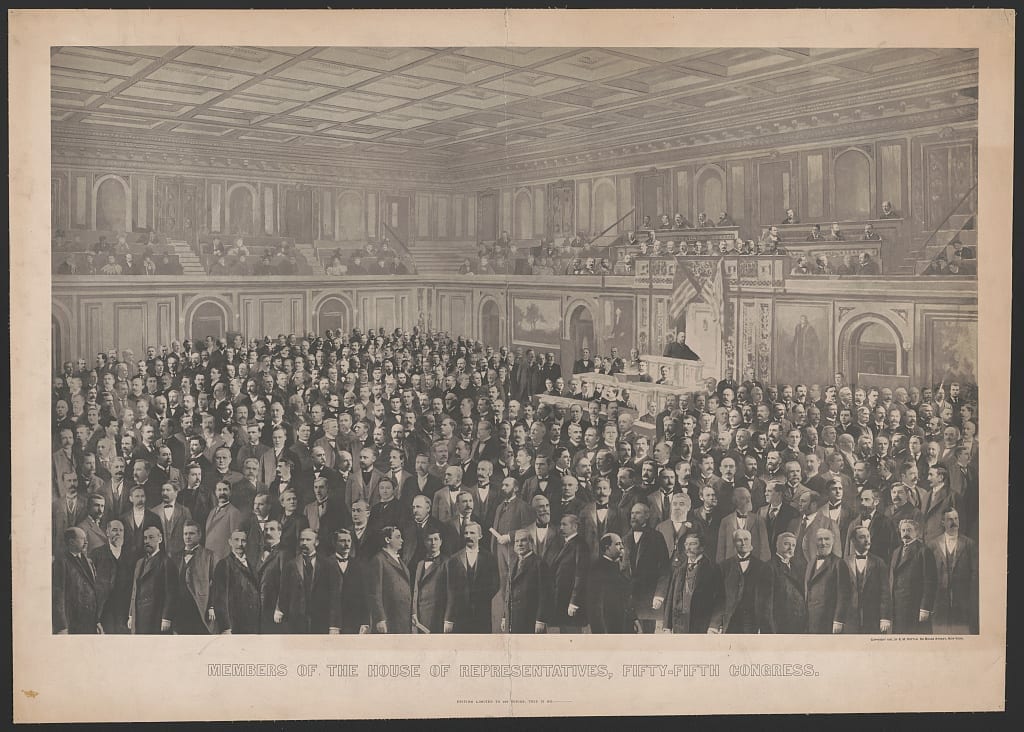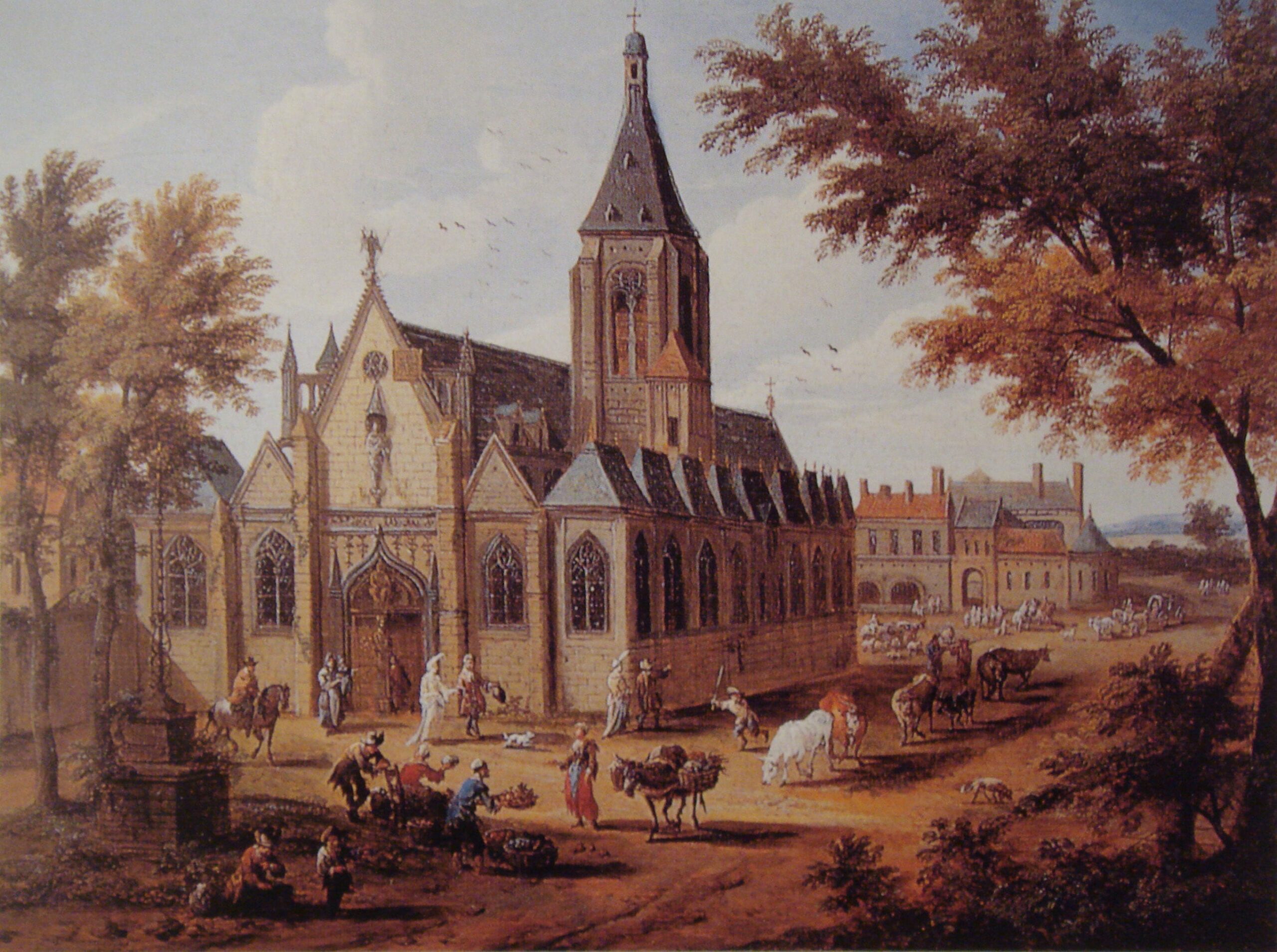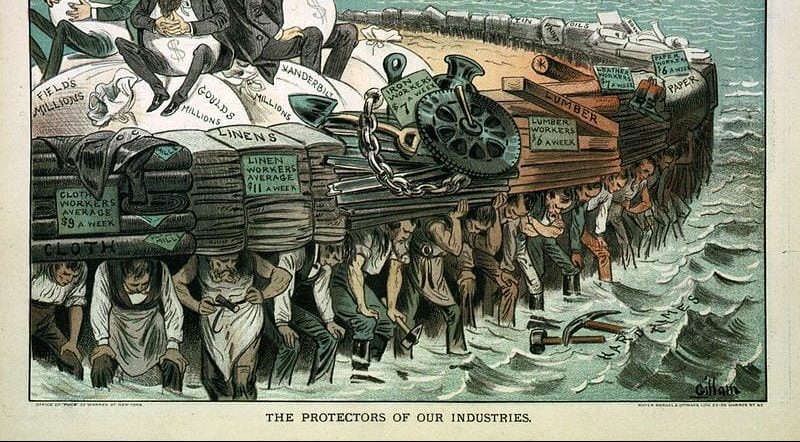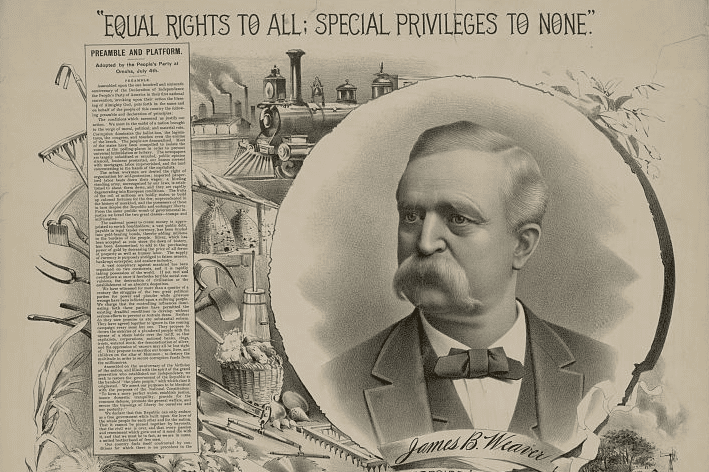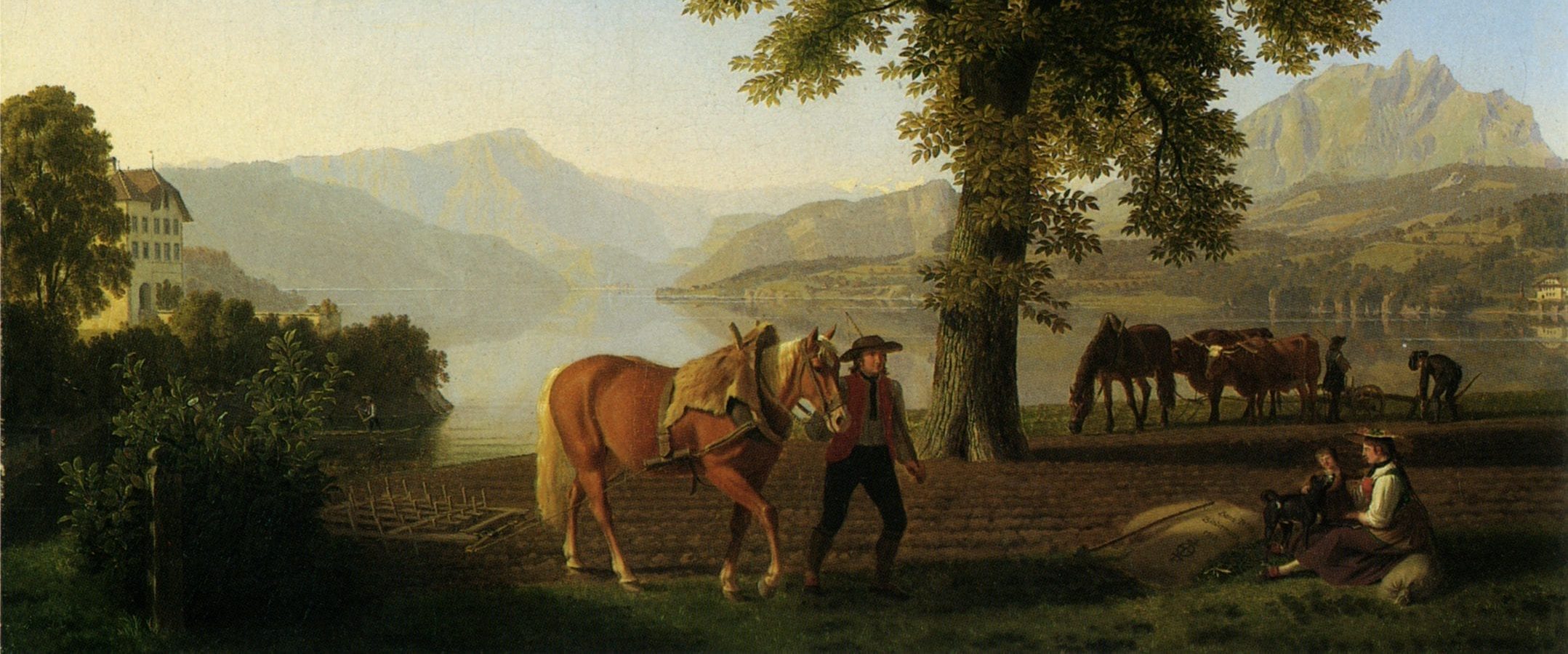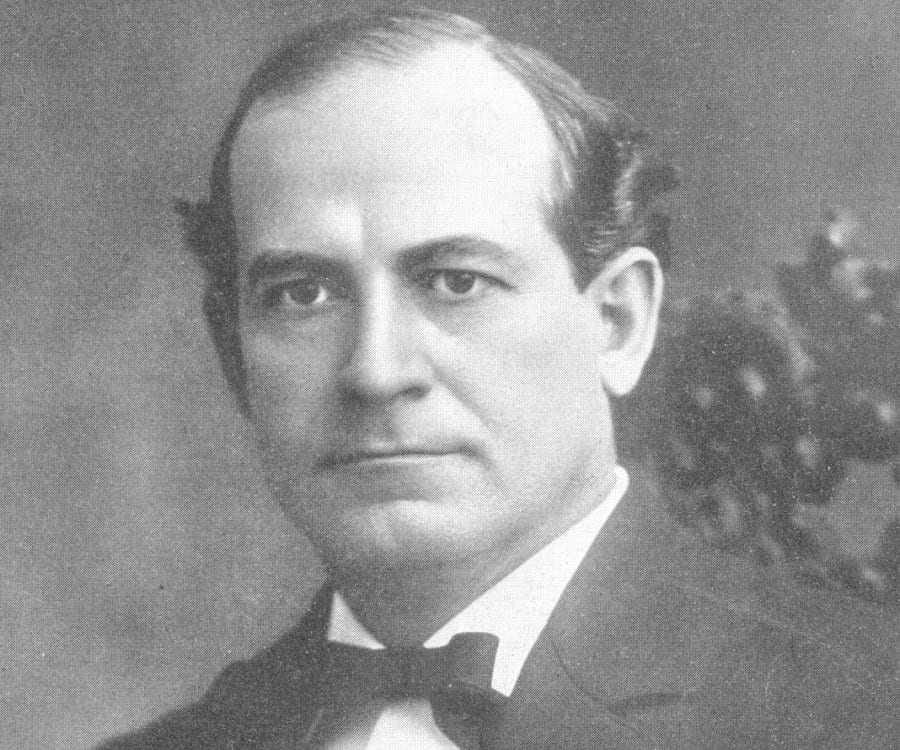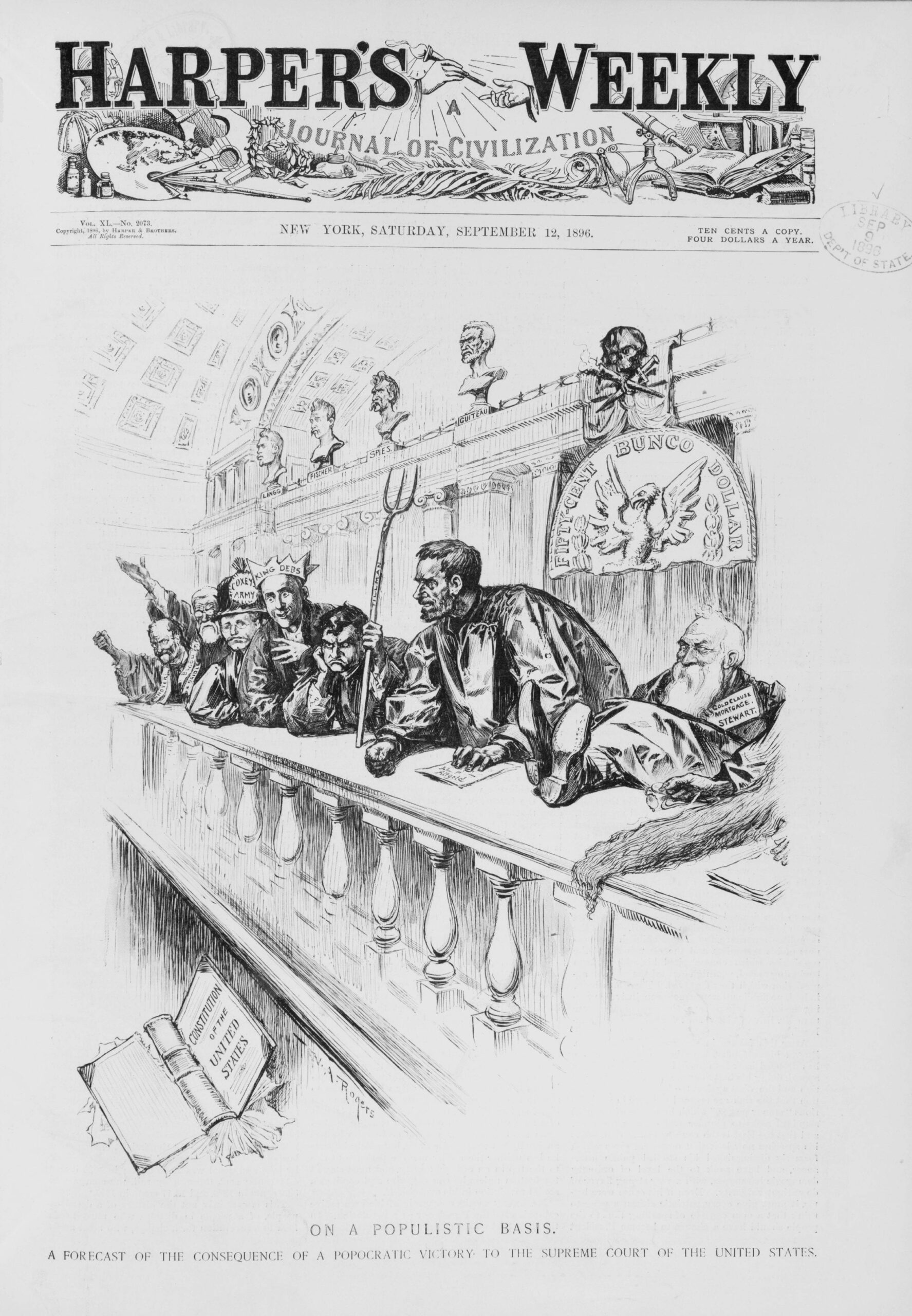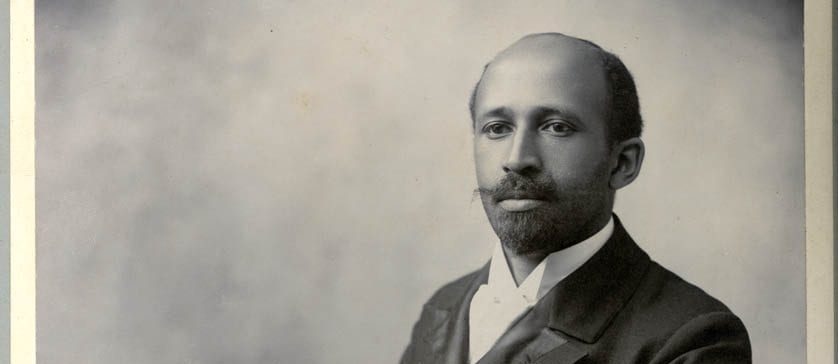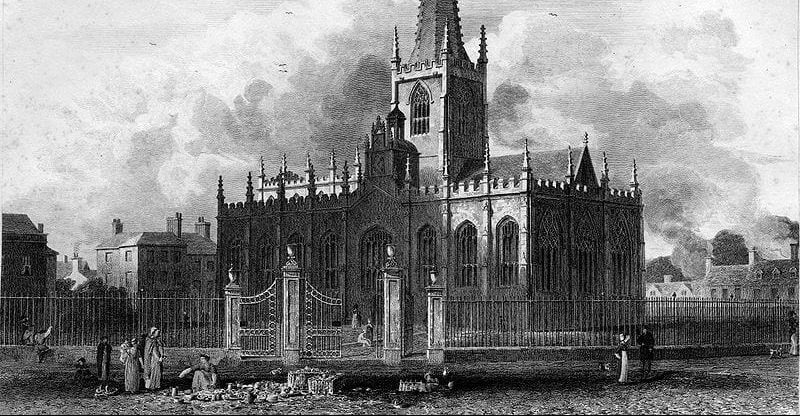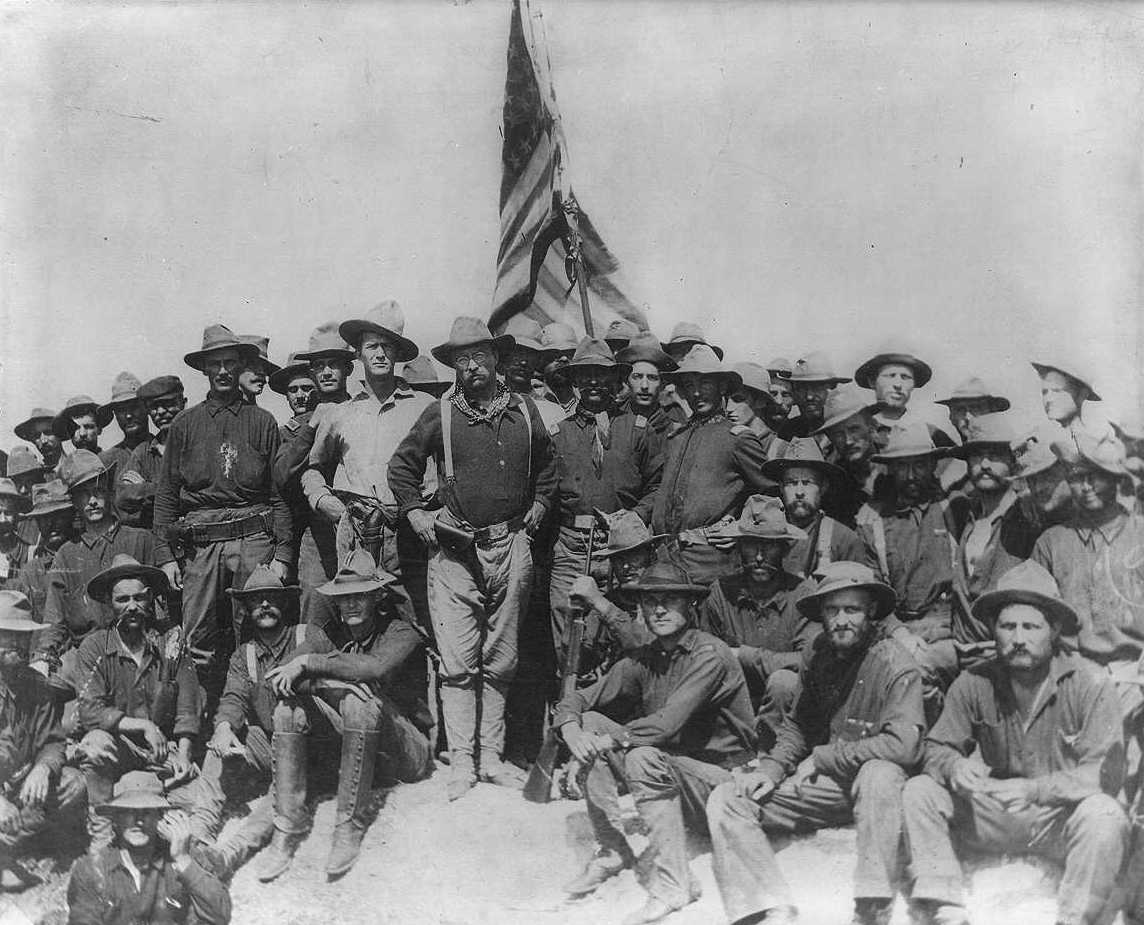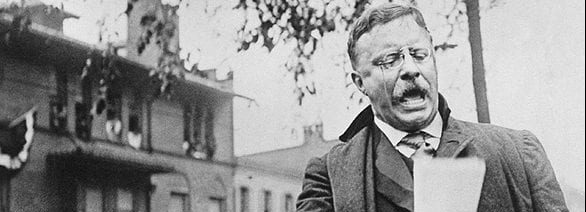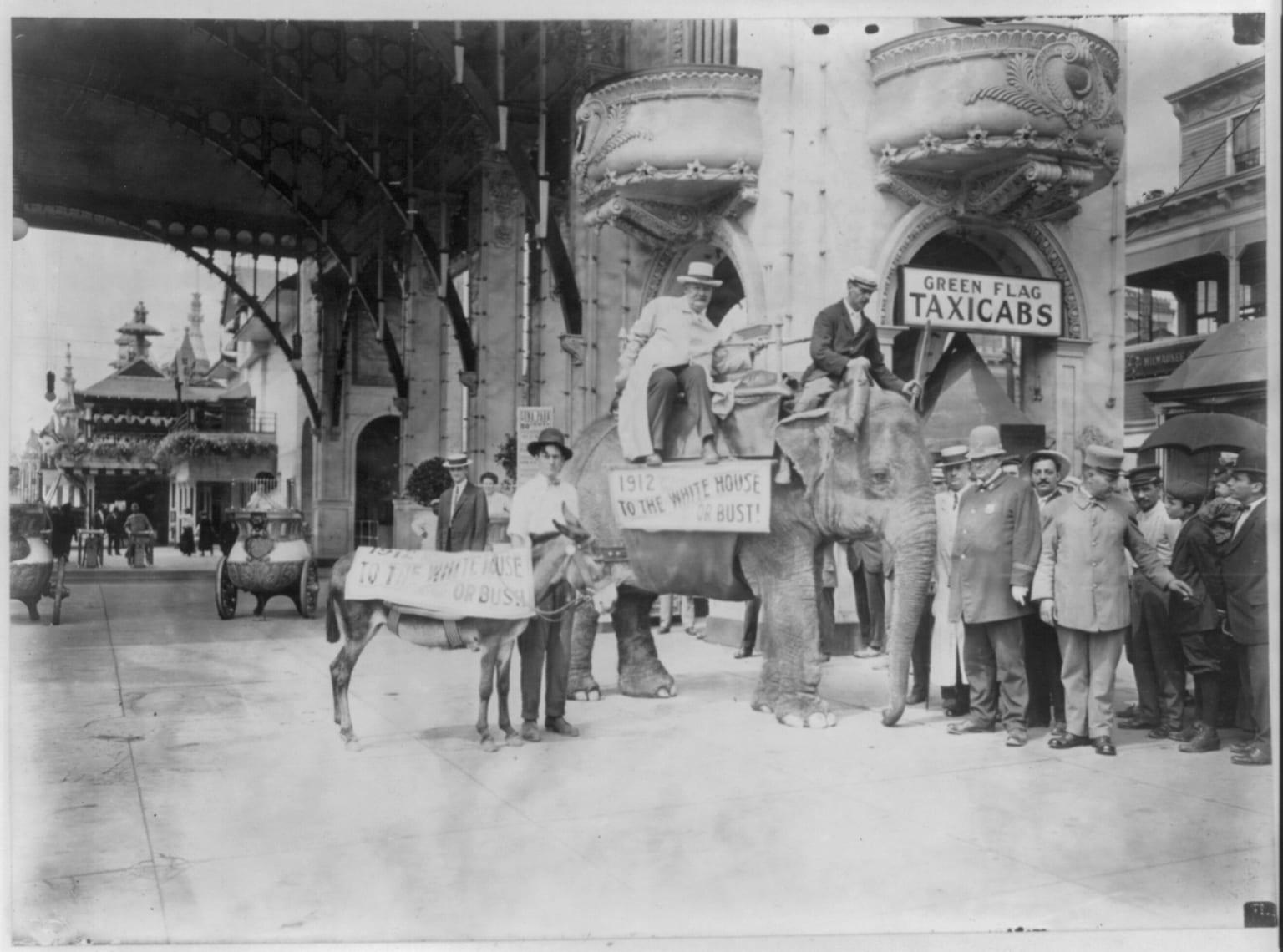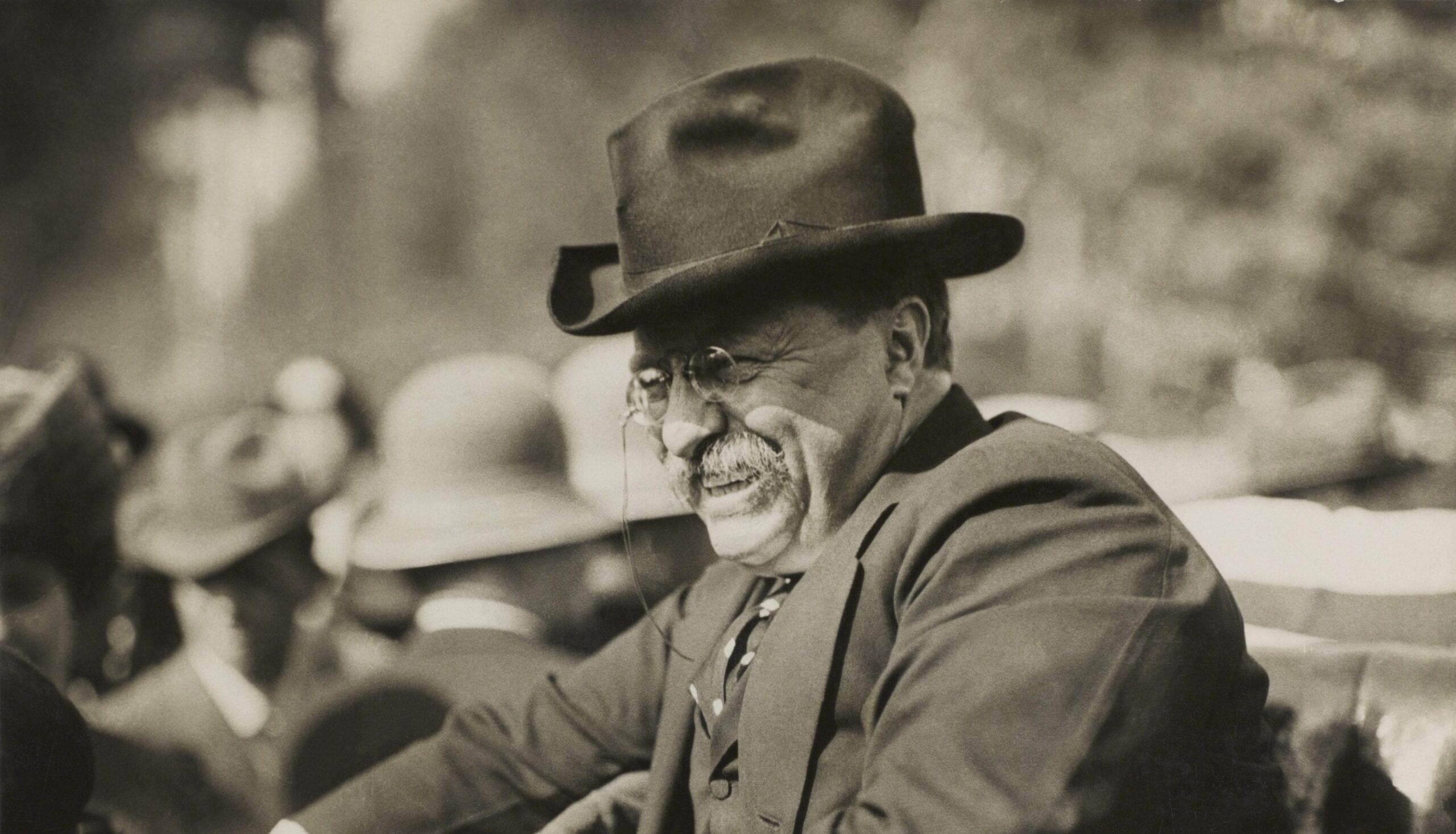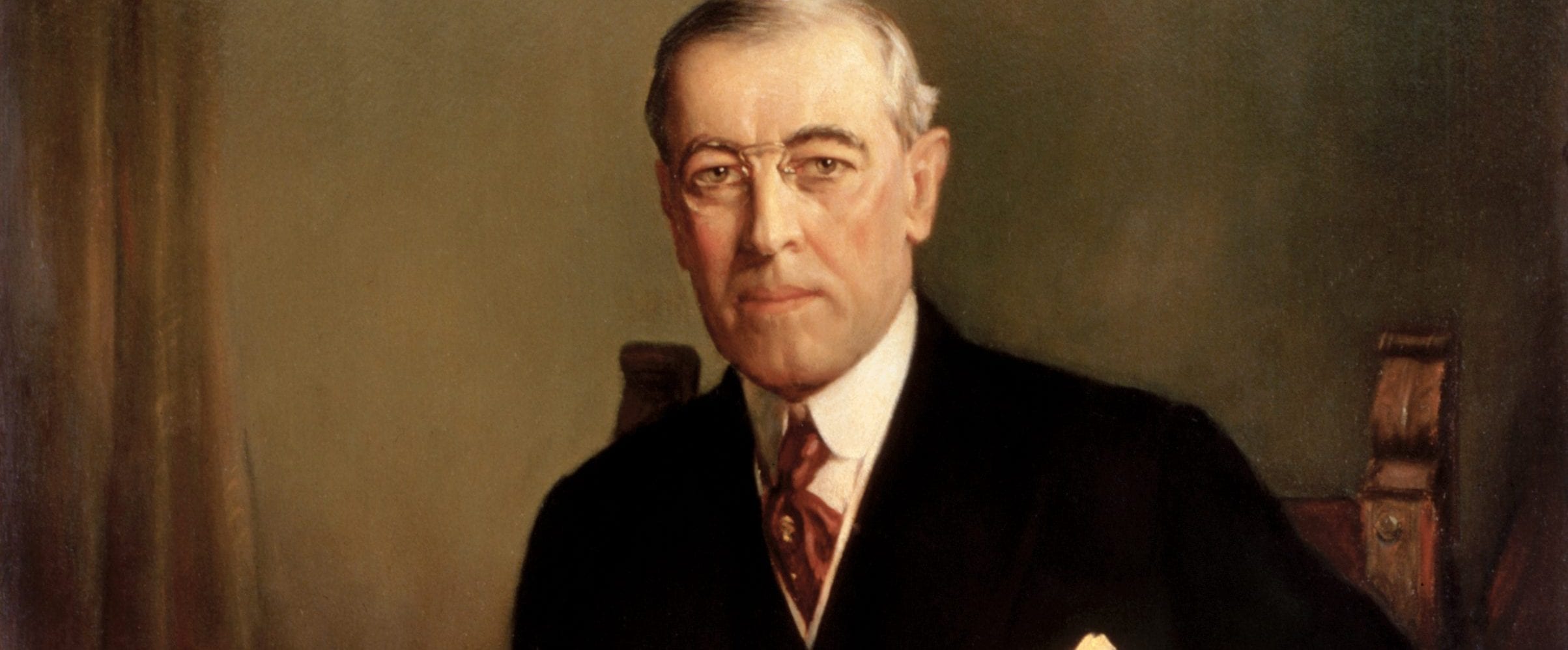


No related resources
Introduction
In 1890, the Louisiana state legislature enacted a law requiring all railway companies operating within Louisiana to “provide equal but separate accommodations for the white, and colored races.” Violators of the law, including “any passenger insisting on going into a coach or compartment to which by race he does not belong,” were subject to criminal penalties.
A group of leading citizens of color in New Orleans formed a committee to challenge the constitutionality of the statute and hired as their lead counsel the well-known civil rights crusader Albion Tourgée. Recognizing that success was unlikely, Tourgée sought to strengthen his case by selecting as the plaintiff Homer Plessy, a man capable of passing as white but who identified as a person of color by virtue of his one African American great-grandparent.
The Louisiana statute was an early example of Jim Crow legislation, representing a broad regime of state-mandated racial segregation in access to public facilities or accommodations. At stake was whether the Supreme Court would find constitutional permission for such a regime, despite the Fourteenth Amendment’s guarantees of citizenship, due process, and equal protection of the law. With its ruling in Plessy, the Court furthered its pattern, evident in the Slaughterhouse Cases and the Civil Rights Cases among others, of narrowly interpreting the rights protected under the Fourteenth Amendment.
In his dissenting opinion—one of the most famous dissents in U.S. Supreme Court history—Justice John Marshall Harlan (1833–1911; appointed to the Court in 1877) affirmed Tourgée’s contention for the plaintiff that the Constitution is “color-blind” and thus prohibits states from discriminating among citizens based on their race or color. Harlan presciently warned the Court majority that its ruling would live in infamy, although the decision at first received relatively little public notice . This excerpt includes a portion of Harlan’s dissent.
Source: 163 U.S. 537; available at https://www.law.cornell.edu/supremecourt/text/163/537.
Mr. Justice BROWN . . . delivered the opinion of the Court.
. . .The petition for the writ of prohibition averred that petitioner was seven-eighths Caucasian and one-eighth African blood; that the mixture of colored blood was not discernible in him; and that he was entitled to every right, privilege, and immunity secured to citizens of the United States of the white race; and that, upon such theory, he took possession of a vacant seat in a coach where passengers of the white race were accommodated, and wasordered by the conductor to vacate said coach, and take a seat in another, assigned to persons of the colored race, and, having refused to comply with such demand, he was forcibly ejected, with the aid of a police officer, and imprisoned in the parish jail to answer a charge of having violated the above act. . . .
The object of the [Fourteenth] amendment was undoubtedly to enforce the absolute equality of the two races before the law, but, in the nature of things, it could not have been intended to abolish distinctions based upon
color, or to enforce social, as distinguished from political, equality, or a commingling of the two races upon terms unsatisfactory to either. Laws permitting, and even requiring, their separation, in places where they are liable to be brought into contact, do not necessarily imply the inferiority of either race to the other, and have been generally, if not universally, recognized as within the competency of the state legislatures in the exercise of their police power.1 The most common instance of this is connected with the establishment of separate schools for white and colored children, which have been held to be a valid exercise of the legislative power even by courts of states where the political rights of the colored race have been longest and most earnestly enforced. . . .
Laws forbidding the intermarriage of the two races may be said in a technical sense to interfere with the freedom of contract, and yet have been universally recognized as within the police power of the state. . . .
The distinction between laws interfering with the political equality of the negro and those requiring the separation of the two races in schools, theaters, and railway carriages has been frequently drawn by this Court. Thus, in Strauder v. West Virginia2 it was held that a law of West Virginia limiting to white male persons 21 years of age, and citizens of the state, the right to sit upon juries, was a discrimination which implied a legal inferiority in civil society, which lessened the security of the right of the colored race, and was a step toward reducing them to a condition of servility. Indeed, the right of a colored man that, in the selection of jurors to pass upon his life, liberty, and property, there shall be no exclusion of his race, and no discrimination against them because of color, has been asserted in a number of cases. . . .
In this connection, it is also suggested by the learned counsel for the plaintiff in error3 that the same argument that will justify the state legislature in requiring railways to provide separate accommodations for the two races will also authorize them to require separate cars to be provided for people whose hair is of a certain color, or who are aliens, or who belong to certain nationalities, or to enact laws requiring colored people to walk upon one side of the street, and white people upon the other, or requiring white men’s houses to be painted white, and colored men’s black, or their vehicles or business signs to be of different colors, upon the theory that one side of the street is as good as the other, or that a house or vehicle of one color is as good as one of another color. The reply to all this is that every exercise of the police power must be reasonable, and extend only to such laws as are enacted in good faith for the promotion of the public good, and not for the annoyance or oppression of a particular class. . . .
So far, then, as a conflict with the Fourteenth Amendment is concerned, the case reduces itself to the question whether the statute of Louisiana is a reasonable regulation, and with respect to this there must necessarily be a large discretion on the part of the legislature. In determining the question of reasonableness, it is at liberty to act with reference to the established usages, customs, and traditions of the people, and with a view to the promotion of their comfort, and the preservation of the public peace and good order. Gauged by this standard, we cannot say that a law which authorizes or even requires the separation of the two races in public conveyances is unreasonable, . . .
We consider the underlying fallacy of the plaintiff’s argument to consist in the assumption that the enforced separation of the two races stamps the colored race with a badge of inferiority. If this be so, it is not by reason of anything found in the act, but solely because the colored race chooses to put that construction upon it. . . . The argument also assumes that social prejudices may be overcome by legislation, and that equal rights cannot be secured to the Negro except by an enforced commingling of the two races. We cannot accept this proposition. If the two races are to meet upon terms of social equality, it must be the result of natural affinities, a mutual appreciation of each other’s merits, and a voluntary consent of individuals. . . . Legislation is powerless to eradicate racial instincts, or to abolish distinctions based upon physical differences, and the attempt to do so can only result in accentuating the difficulties of the present situation. If the civil and political rights of both races be equal, one cannot be inferior to the other civilly or politically. If one race be inferior to the other socially, the constitution of the United States cannot put them upon the same plane. . . .
The judgment of the court below is therefore affirmed.
Mr. Justice HARLAN dissenting.
. . .[W]e have before us a state enactment that compels, under penalties, the separation of the two races in railroad passenger coaches, and makes it a crime for a citizen of either race to enter a coach that has been assigned to citizens of the other race.
Thus, the state regulates the use of a public highway by citizens of the United States solely upon the basis of race.
However apparent the injustice of such legislation may be, we have only to consider whether it is consistent with the Constitution of the United States. . . .
In respect of civil rights, common to all citizens, the Constitution of the United States does not, I think, permit any public authority to know the race of those entitled to be protected in the enjoyment of such rights. Every true man has pride of race, and under appropriate circumstances, when the rights of others, his equals before the law, are not to be affected, it is his privilege to express such pride and to take such action based upon it as to him seems proper. But I deny that any legislative body or judicial tribunal may have regard to the race of citizens when the civil rights of those citizens are involved. Indeed, such legislation as that here in question is inconsistent not only with that equality of rights which pertains to citizenship, national and state, but with the personal liberty enjoyed by everyone within the United States.
The Thirteenth Amendment . . . decreed universal civil freedom in this country. This court has so adjudged. But, that amendment having been found inadequate to the protection of the rights of those who had been in slavery, it was followed by the Fourteenth Amendment, which added greatly to the dignity and glory of American citizenship, and to the security of personal liberty, by declaring that “all persons born or naturalized in the United States, and subject to the jurisdiction thereof, are citizens of the United States and of the state wherein they reside,” and that “no state shall make or enforce any law which shall abridge the privileges or immunities of citizens of the United States; nor shall any state deprive any person of life, liberty, or property without due process of law, nor deny to any person within its jurisdiction the equal protection of the laws.” These two amendments, if enforced according to their true intent and meaning, will protect all the civil rights that pertain to freedom and citizenship. . . .
These notable additions to the fundamental law were welcomed by the friends of liberty throughout the world. They removed the race line from our governmental systems. They had, as this Court has said, a common purpose, namely, to secure “to a race recently emancipated, a race that through many generations have been held in slavery, all the civil rights that the superior race enjoy.”4…
The white race deems itself to be the dominant race in this country. And so it is, in prestige, in achievements, in education, in wealth, and in power. So, I doubt not, it will continue to be for all time, if it remains true to its great heritage, and holds fast to the principles of constitutional liberty. But in view of the Constitution, in the eye of the law, there is in this country no superior, dominant, ruling class of citizens. There is no caste here. Our Constitution is color-blind, and neither knows nor tolerates classes among citizens. In respect of civil rights, all citizens are equal before the law. The humblest is the peer of the most powerful. The law regards man as man, and takes no account of his surroundings or of his color when his civil rights as guaranteed by the supreme law of the land are involved. . . .
In my opinion, the judgment this day rendered will, in time, prove to be quite as pernicious as the decision made by this tribunal in the Dred Scott case.5…
The present decision . . .will not only stimulate aggressions, more or less brutal and irritating, upon the admitted rights of colored citizens, but will encourage the belief that it is possible, by means of state enactments, to defeat the beneficent purposes which the people of the United States had in view when they adopted the recent amendments of the Constitution. . . . Sixty millions of whites are in no danger from the presence here of eight millions of blacks. The destinies of the two races, in this country, are indissolubly linked together, and the interests of both require that the common government of all shall not permit the seeds of race hate to be planted under the sanction of law. What can more certainly arouse race hate, what more certainly create and perpetuate a feeling of distrust between these races, than state enactments which, in fact, proceed on the ground that colored citizens are so inferior and degraded that they cannot be allowed to sit in public coaches occupied by white citizens? That, as all will admit, is the real meaning of such legislation as was enacted in Louisiana.
The sure guaranty of the peace and security of each race is the clear, distinct, unconditional recognition by our governments, national and state, of every right that inheres in civil freedom, and of the equality before the law of all citizens of the United States, without regard to race. State enactments regulating the enjoyment of civil rights upon the basis of race, and cunningly devised to defeat legitimate results of the war, under the pretense of recognizing equality of rights, can have no other result than to render permanent peace impossible, and to keep alive a conflict of races, the continuance of which must do harm to all concerned. This question is not met by the suggestion that social equality cannot exist between the white and black races in this country. . . .[S]ocial equality no more exists between two races when traveling in a passenger coach or a public highway than when members of the same races sit by each other in a streetcar or in the jury box, or stand or sit with each other in a political assembly, or when they use in common the streets of a city or town, or when they are in the same room for the purpose of having their names placed on the registry of voters, or when they approach the ballot box in order to exercise the high privilege of voting. . . .
. . .It is scarcely just to say that a colored citizen should not object to occupying a public coach assigned to his own race. He does not object, nor, perhaps, would he object to separate coaches for his race if his rights under the law were recognized. But he does object, and he ought never to cease objecting, that citizens of the white and black races can be adjudged criminals because they sit, or claim the right to sit, in the same public coach on a public highway.
The arbitrary separation of citizens, on the basis of race, while they are on a public highway, is a badge of servitude wholly inconsistent with the civil freedom and the equality before the law established by the Constitution. It cannot be justified upon any legal grounds. . . .
I do not deem it necessary to review the decisions of state courts to which reference was made in argument. . . . Those decisions cannot be guides in the era introduced by the recent amendments of the supreme law, which established universal civil freedom, gave citizenship to all born or naturalized in the United States, and residing here, obliterated the race line from our systems of governments, national and state, and placed our free institutions upon the broad and sure foundation of the equality of all men before the law.
I am of opinion that the statute of Louisiana is inconsistent with the personal liberty of citizens, white and black, in that state, and hostile to both the spirit and letter of the Constitution of the United States. If laws of like character should be enacted in the several states of the Union, the effect would be in the highest degree mischievous. Slavery, as an institution tolerated by law, would, it is true, have disappeared from our country; but there would remain a power in the states, by sinister legislation, to interfere with the full enjoyment of the blessings of freedom, to regulate civil rights, common to all citizens, upon the basis of race, and to place in a condition of legal inferiority a large body of American citizens, now constituting a part of the political community, called the “People of the United States,” for whom, and by whom through representatives, our government is administered. Such a system is inconsistent with the guaranty given by the Constitution to each state of a republican form of government, and may be stricken down by congressional action, or by the courts in the discharge of their solemn duty to maintain the supreme law of the land, anything in the constitution or laws of any state to the contrary notwithstanding.
For the reason stated, I am constrained to withhold my assent from the opinion and judgment of the majority.
- 1. “Police power” is a legal term referring to government’s power to make regulations to promote the public’s health, safety, welfare, or morals.
- 2. Strauder v. West Virginia.
- 3. A “plaintiff in error” is a party bringing suit based on a writ of error, alleging an error in the pertinent lower court’s ruling.
- 4. Strauder v. West Virginia.
- 5. In Dred Scott v. Sandford (1857), the Supreme Court ruled that the Constitution excluded African Americans, whether slave or free, from U.S. citizenship. Under the Founders’ Constitution, according to the Court majority, blacks could not be citizens of the United States and possessed “no rights which the white man was bound to respect.”
Plessy v. Ferguson
May 18, 1896
Conversation-based seminars for collegial PD, one-day and multi-day seminars, graduate credit seminars (MA degree), online and in-person.



